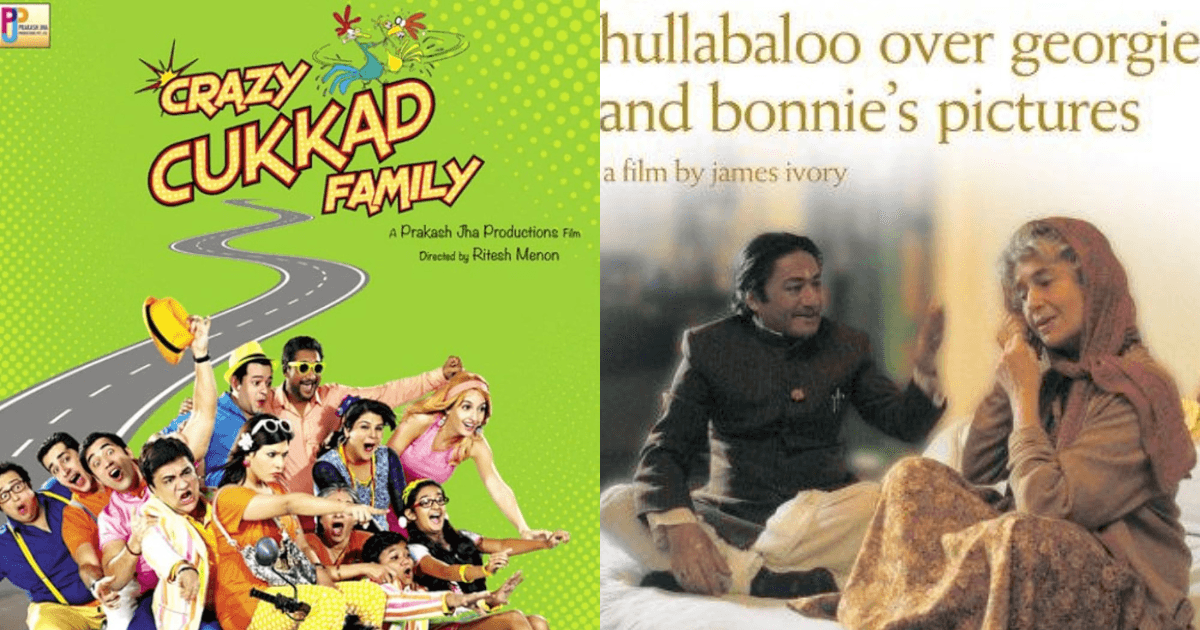The thriller, Jalsa, starring Vidya Balan and Shefali Shah appeared to be a typical whodunit story, as per the trailer, but it turned out to be so much more.
To begin with, the Suresh Triveni film, which stars two powerhouse performers, established itself as a gripping thriller beautifully led by women, something we rarely witness in Indian cinema.
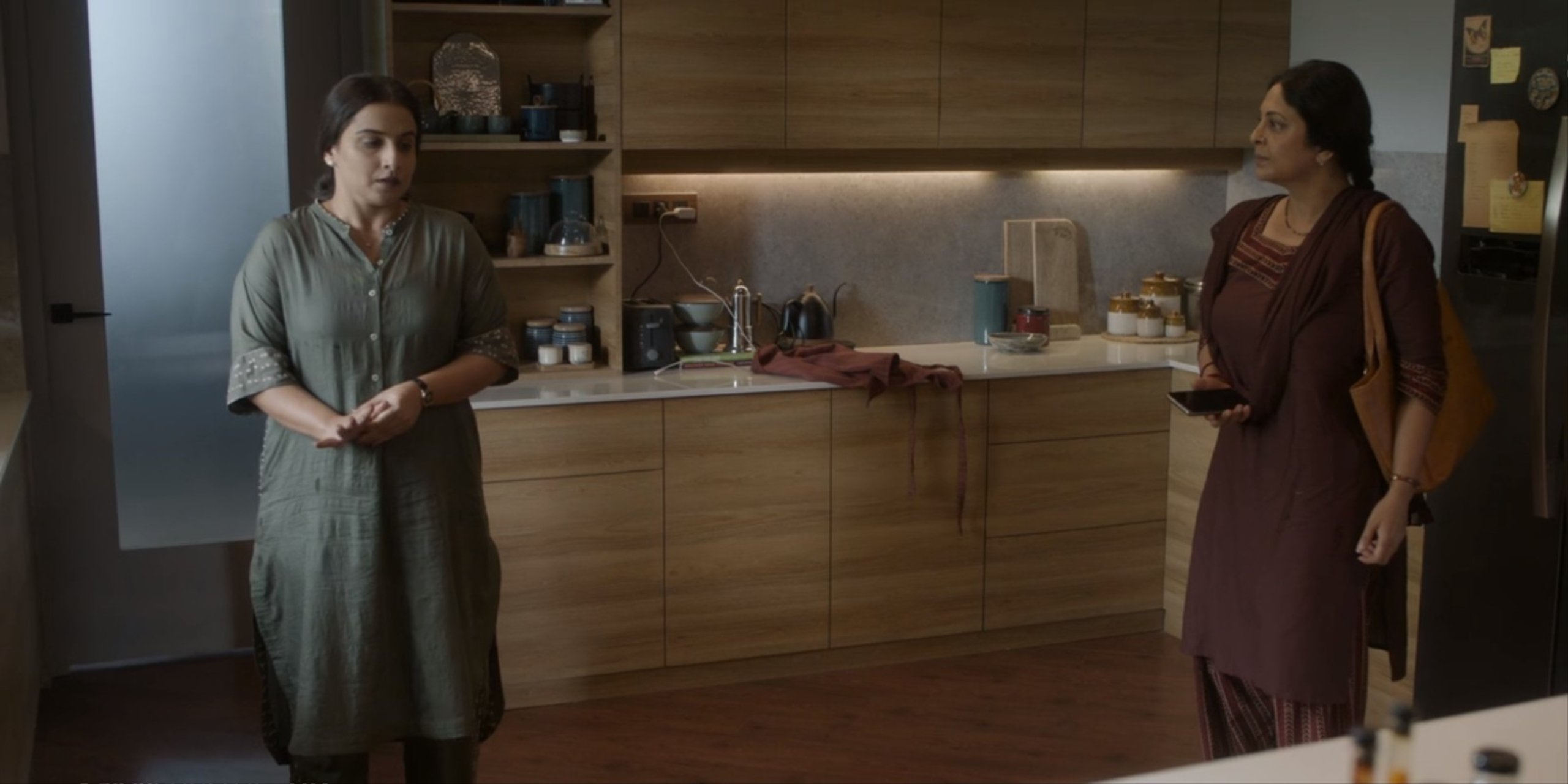
The makers’ decision to rope in an actor with cerebral palsy to feature as a character with the same condition, is a major change in the casting scenario we have longed for.
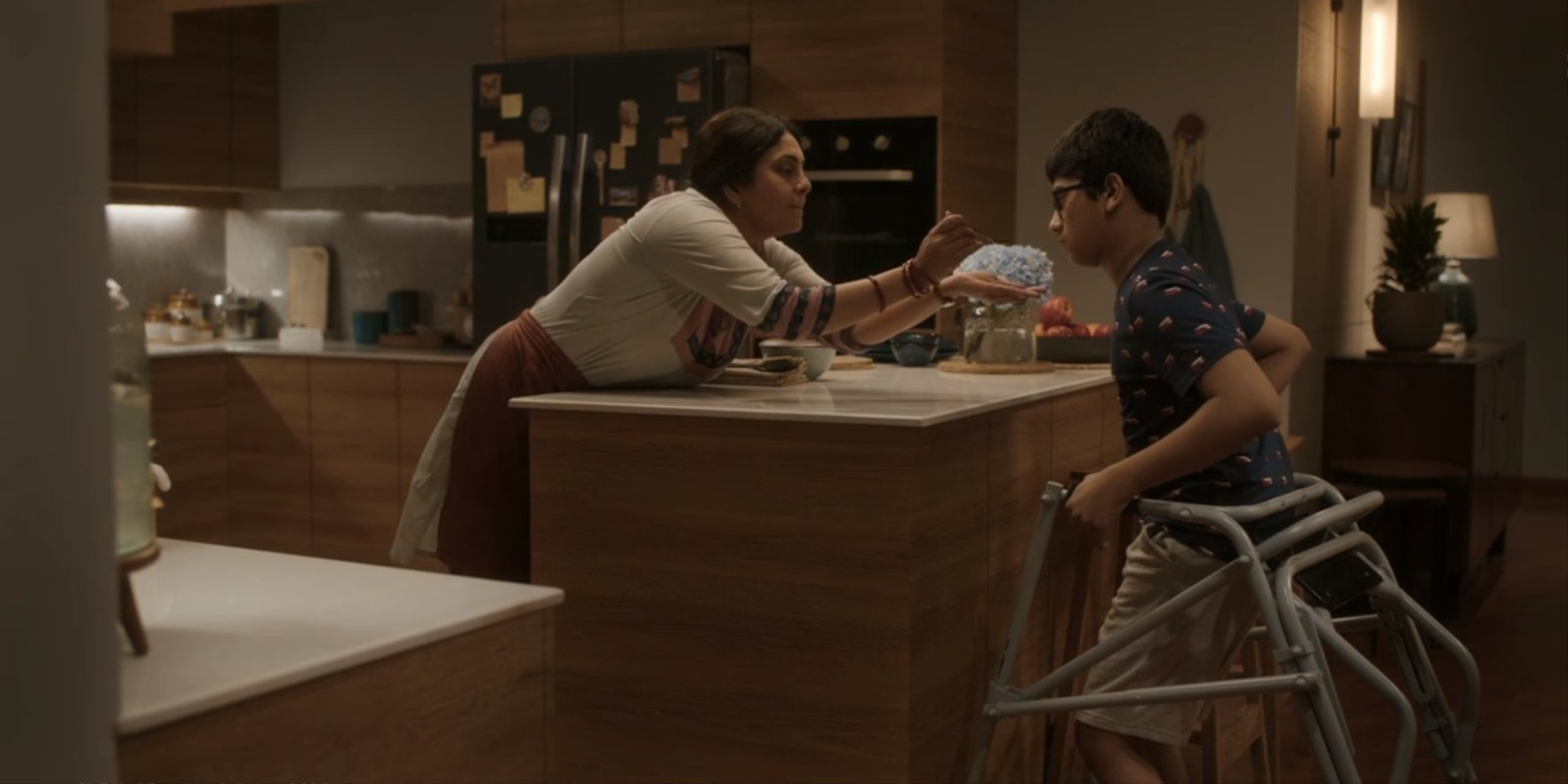
But one of the film’s true wins also remains its social commentary about classism. It expertly delves into the roots of classism embedded in our brains, that give us a false sense of entitlement.
The film begins by introducing us to the two protagonists, Maya Menon (Vidya Balan) and Ruksana (Shefali Shah), one of whom is a truth-seeking journalist and the other, an empathetic domestic help. Ruksana’s relationship with Maya’s family, for whom she works, is gradually made apparent.
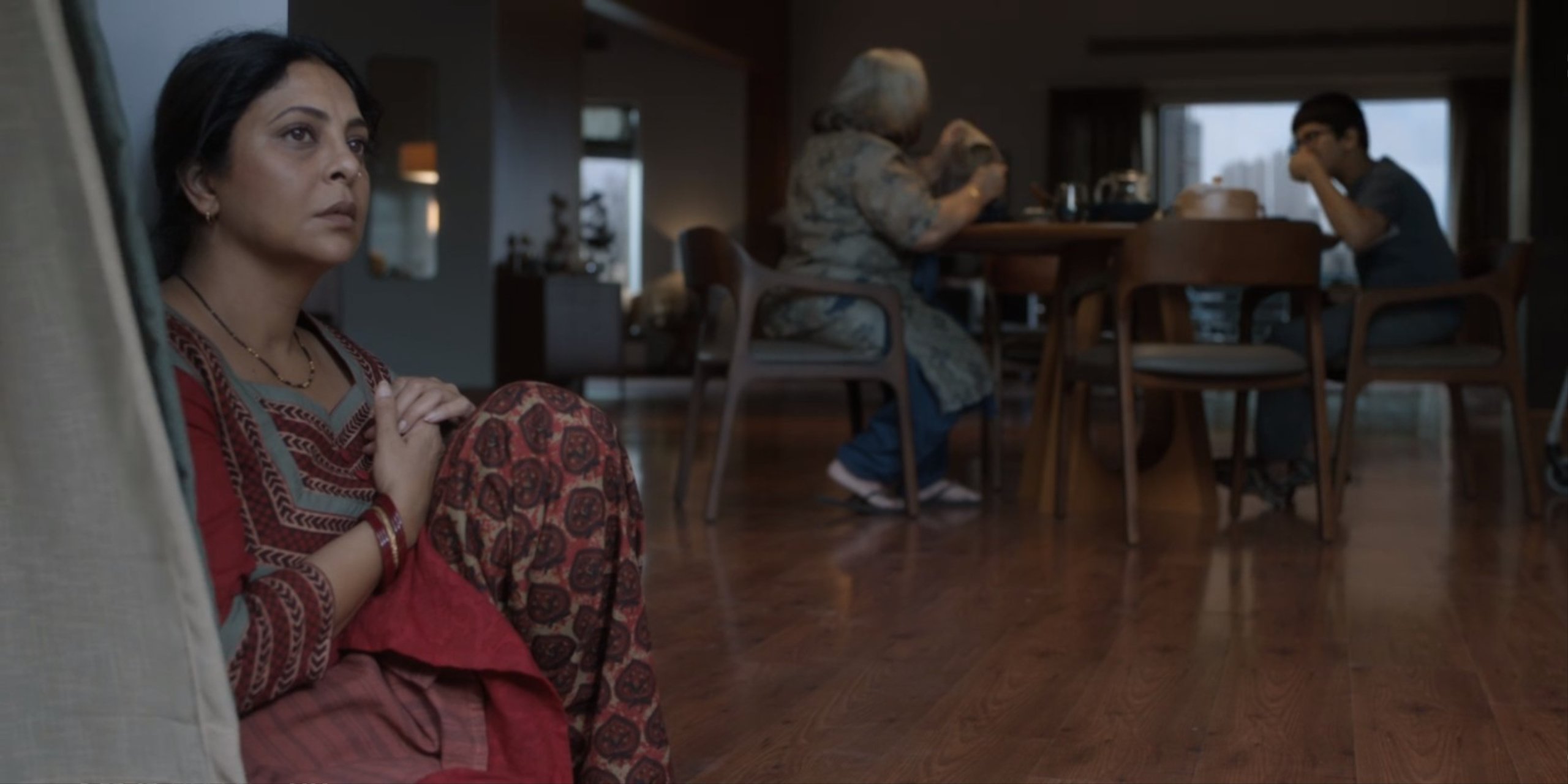
While Maya watches over her son, Ayush, from her office via a handheld screen, her housekeeper takes over as one of the boy’s primary caregivers. Naturally, the child, who is unaffected by the class barrier, treats her with compassion and does not take her assistance for granted.
In fact, Ruksana is almost religiously devoted to their service. In a scene where she accompanies her daughter–battling life and death–in an ambulance, she still finds it in herself to ask Maya if Ayush has had dinner.
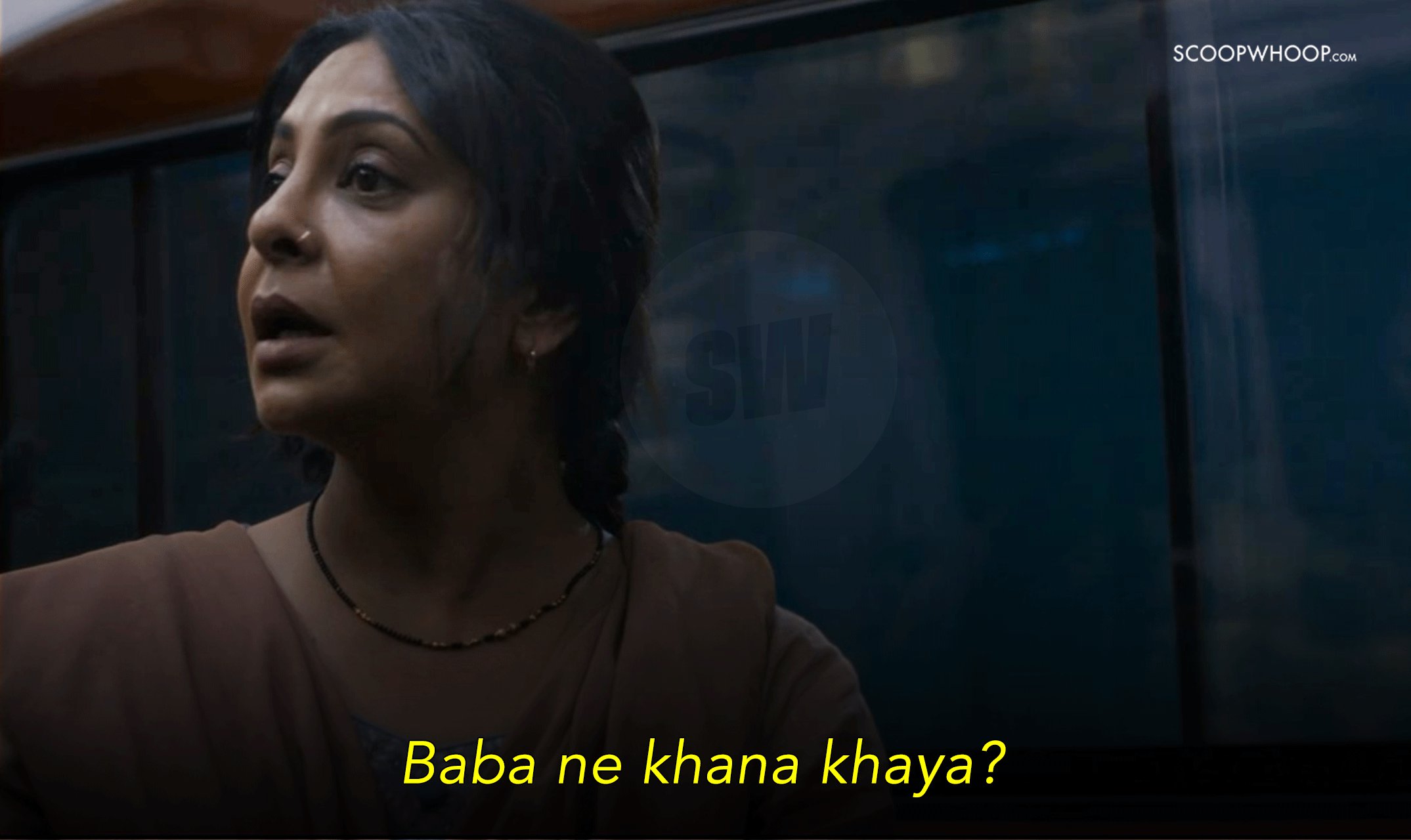
On the other hand, Maya isn’t even aware of Ruksana’s daughter’s name, the girl she runs over and leaves to die on a pavement.
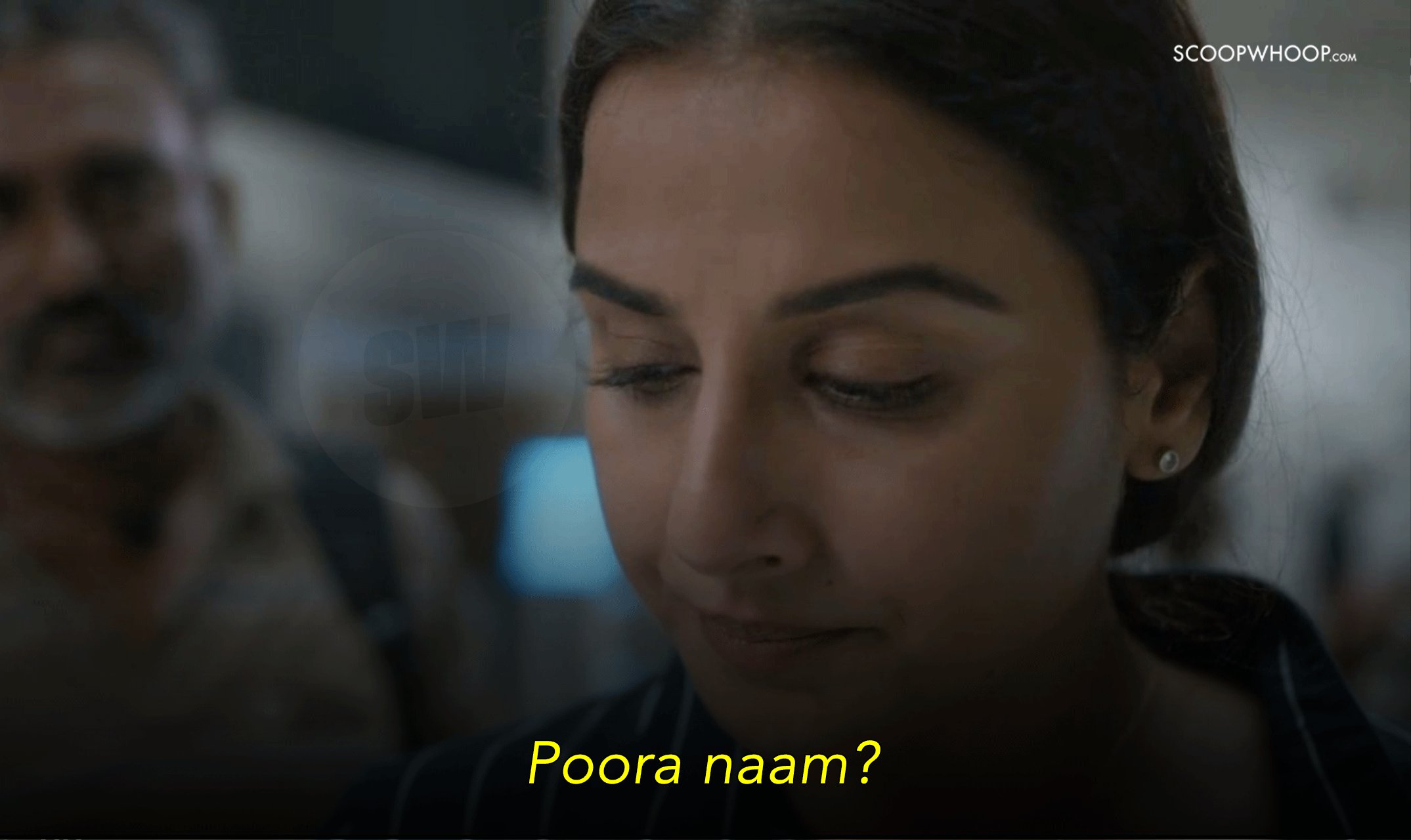
After Maya hits Alia, Ruksana’s daughter, she frantically tries to cover up the car in a futile attempt to hide the evidence. Later, her driver, Vinod, assures her that he would take care of the evidence, which is the blood-smeared and smashed windshield. It’s her mess, but somehow, becomes their shared responsibility.
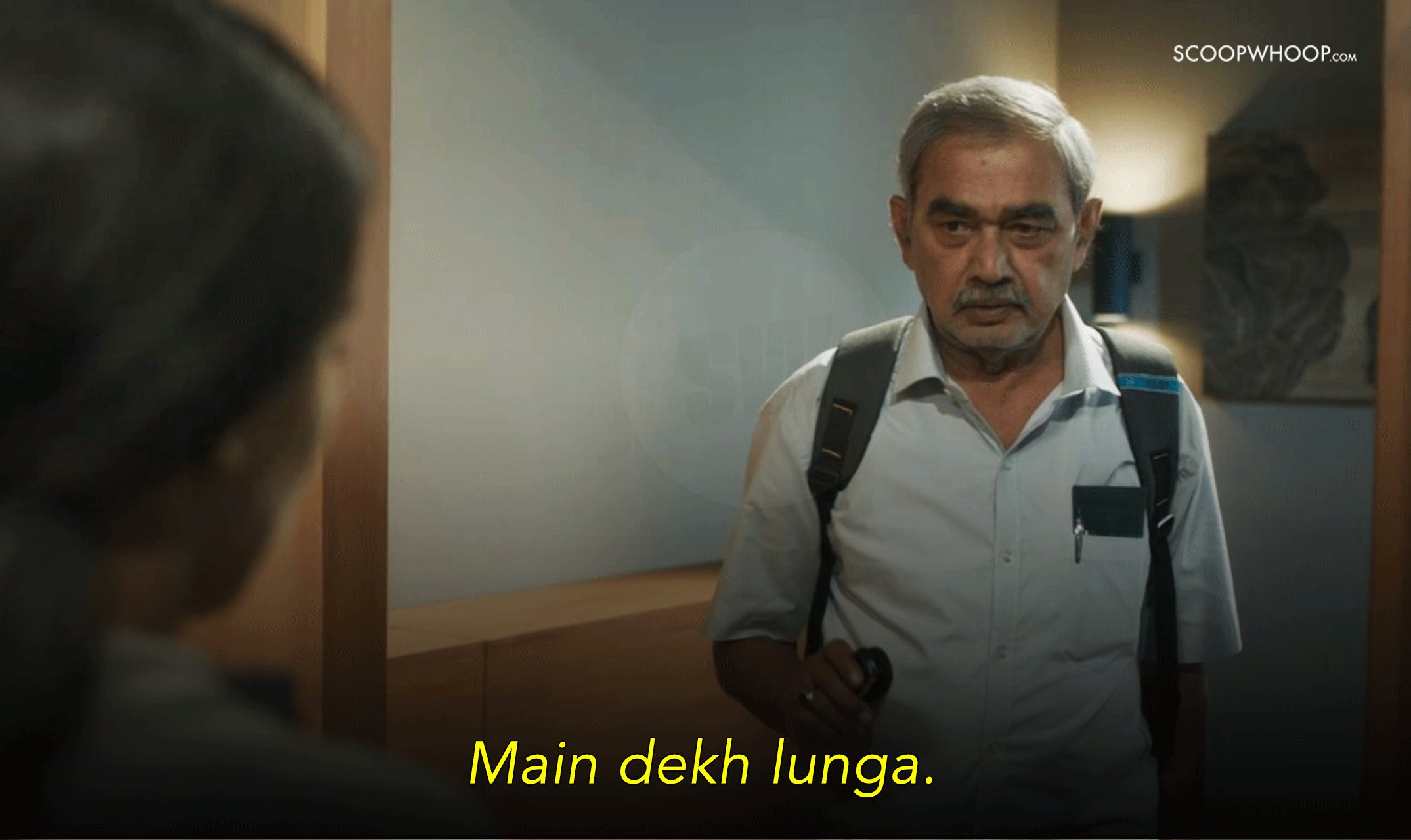
Soon after, Maya also helps Ruksana get better medical care for her daughter, transferring her to a private hospital.
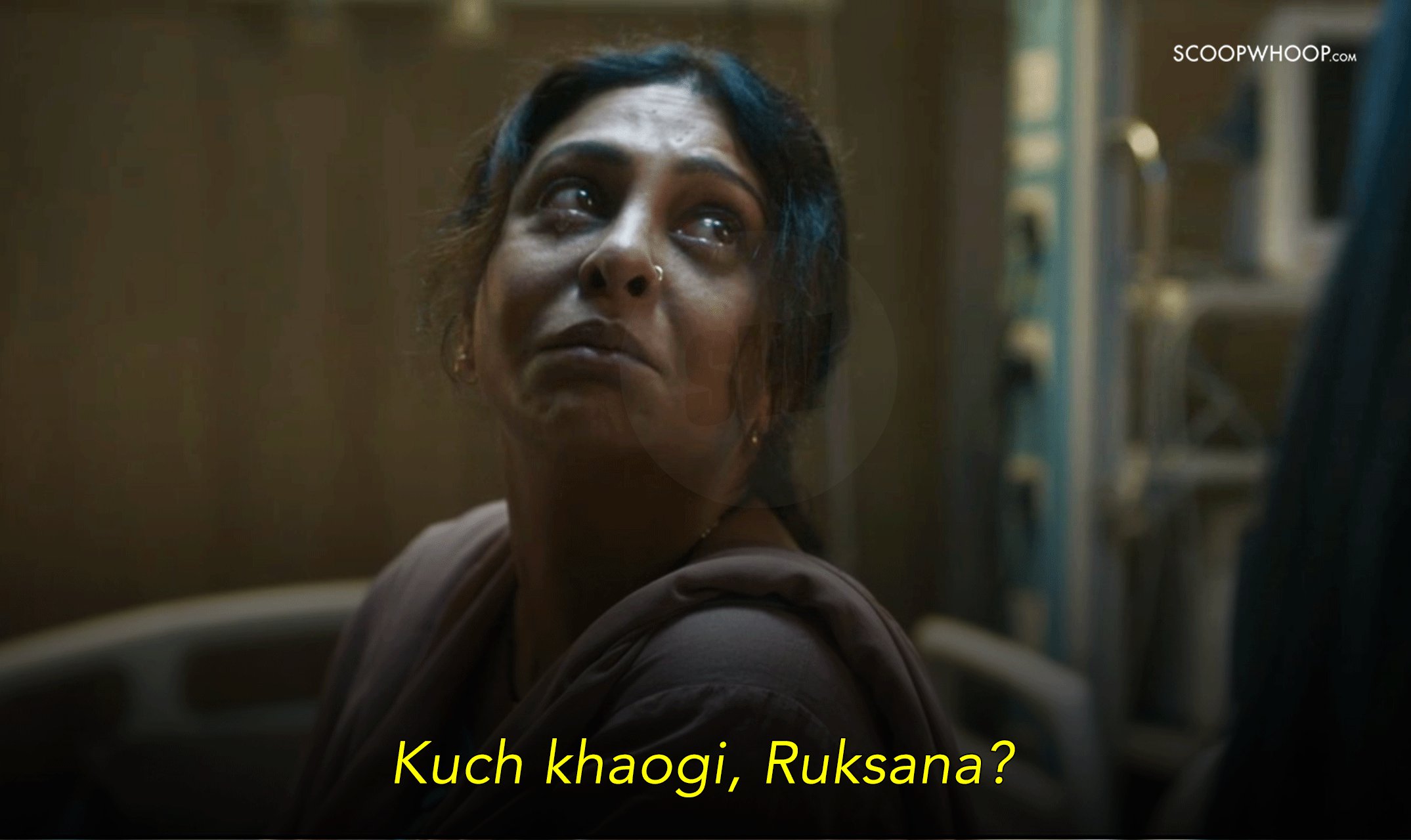
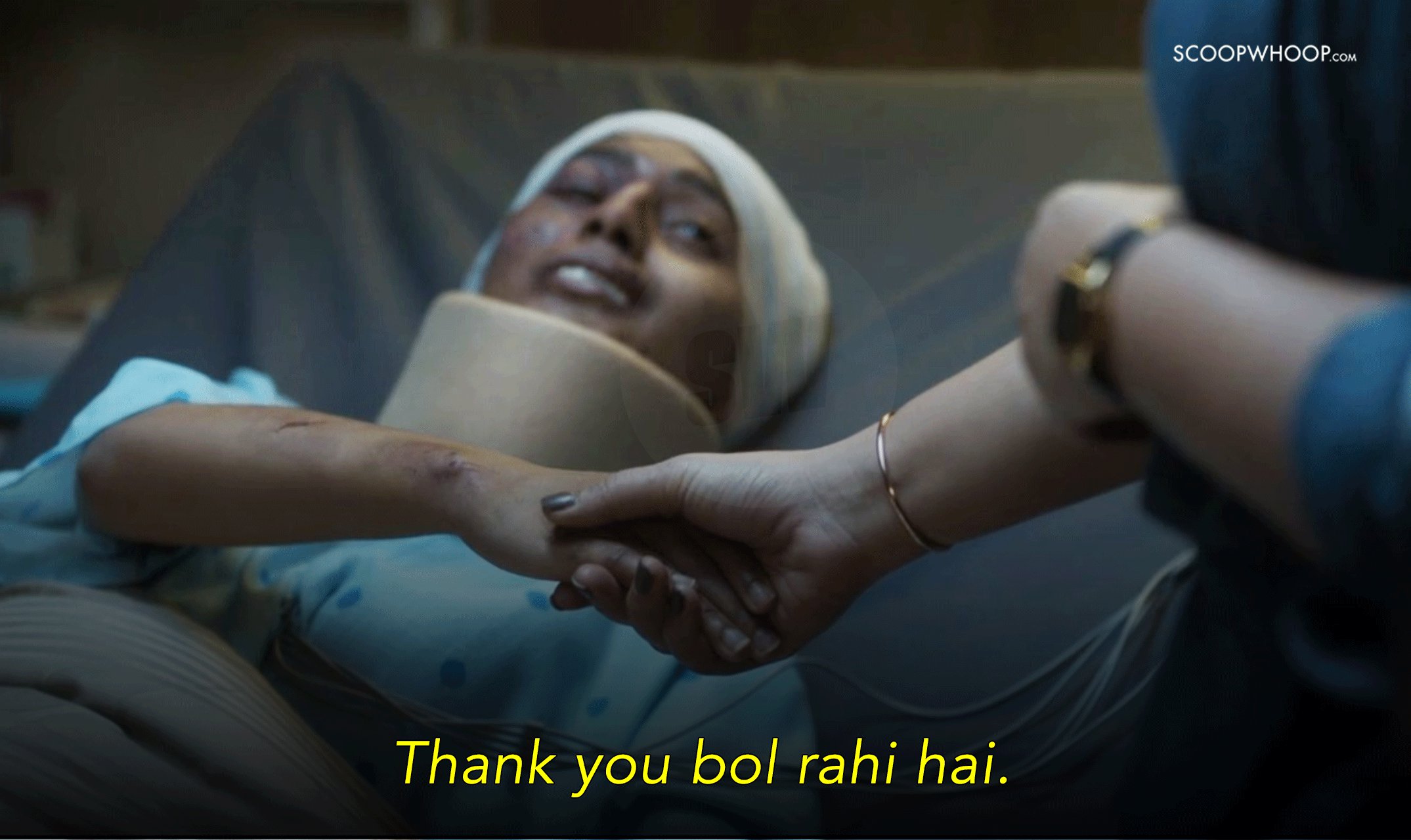
Although her kindness is evoked from a sense of guilt, Ruksana, the victim is made to acknowledge her ‘privilege’ of having an employer like Maya.
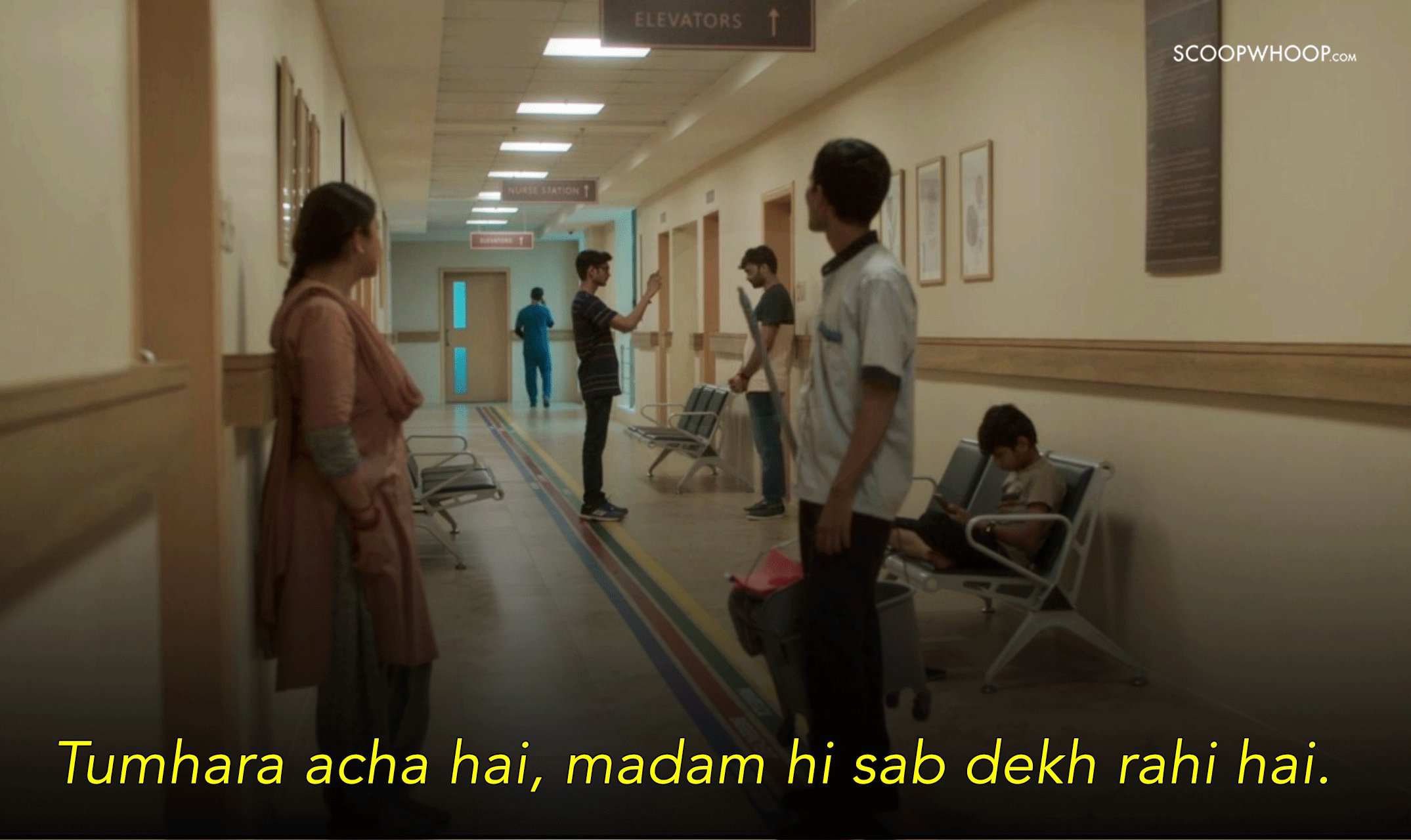
Even though Menon, as well as her family, claim to be one of those elites who have shunned the notion of class disparity, their actions prove otherwise.
Wrapped in her own sense of guilt, Maya is quick to even fire Ruksana, while also shouting at her for being inept – when the reality is, it’s Maya who failed as both, a journalist and a responsible human.
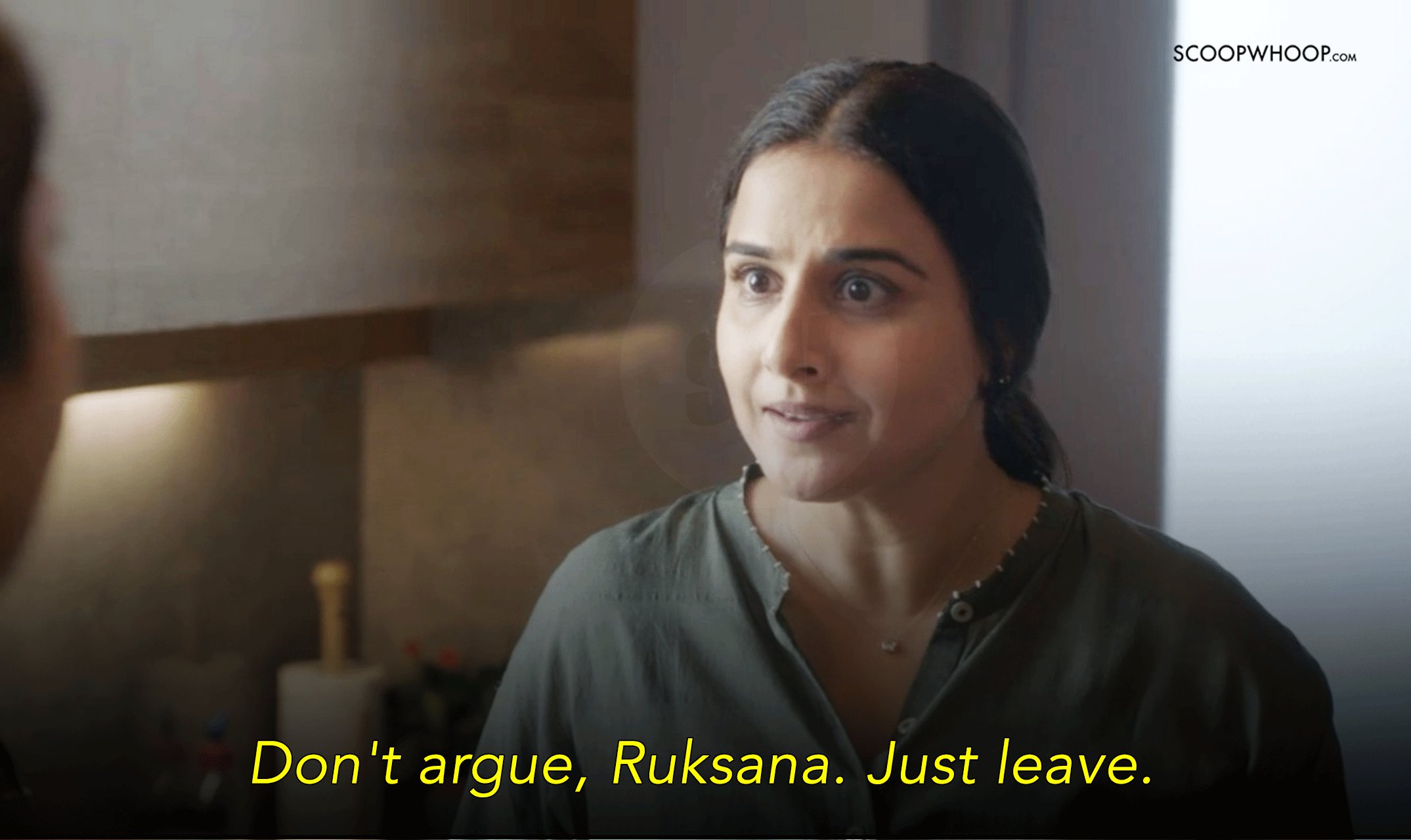
The “kind” treatment towards domestic help, which is a basic respect everyone deserves, is often taken as a grand gesture.
Much later, when Ruksana finds out that her “benefactory” employer is the one responsible for hurting her daughter and leaving her to die, she rushes back to confront Maya. However, Ruksana is not even given the time, space, or permission, to express her anger, let alone experience it.
Maya’s mother Rukmini commands her to get to work, as if she has erased all memories of the confrontation between Maya and Ruksana. The sequence shows how insulting a house help never ends in due apology for the aggrieved.
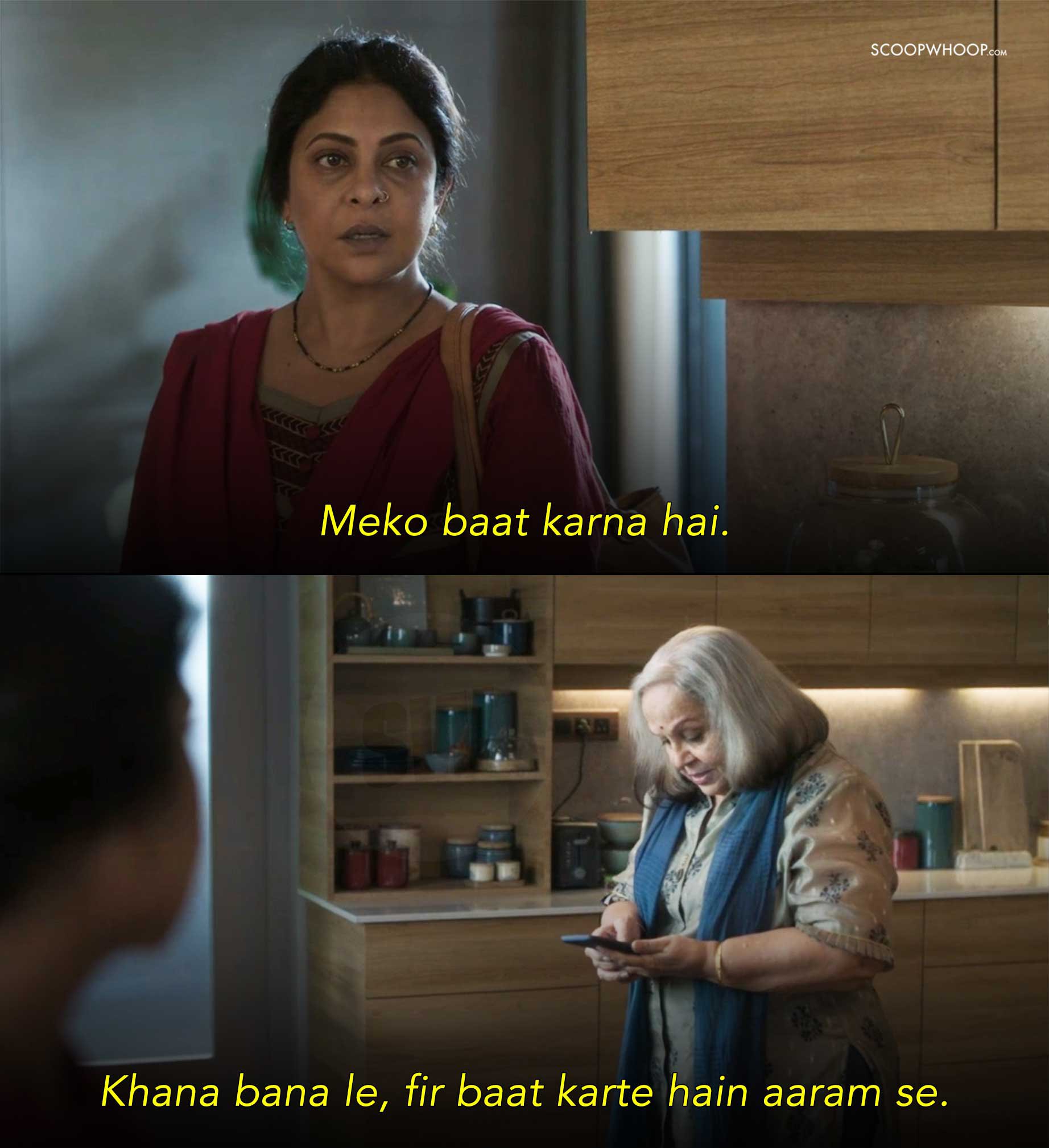
In fact, Rukmini goes on to imply that they have always seen her as “one of them”, while also reminding her to be “grateful” for their “help”. And all this while Ruksana sits in one corner, on the floor.
Rukmini’s sense of authority, even after knowing her daughter misbehaved with Ruksana, aptly highlights the ignorance the suburban folks breed and the privilege they demand.
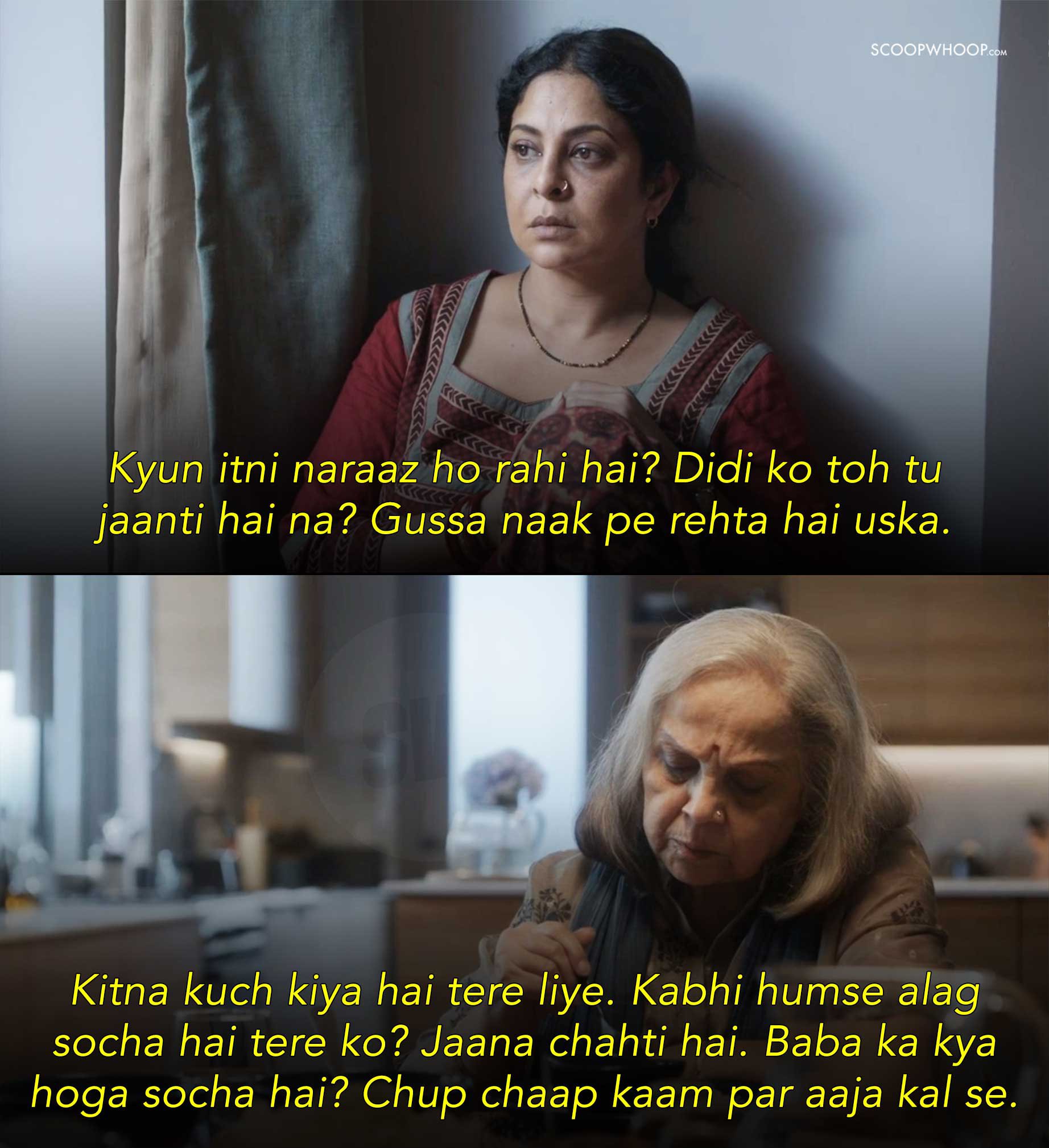
The scene is a perfect summary of the never-ending class divide. After all, for all their words of treating her as “one of them”, she isn’t even allowed a seat at their table, literally, and figuratively.






